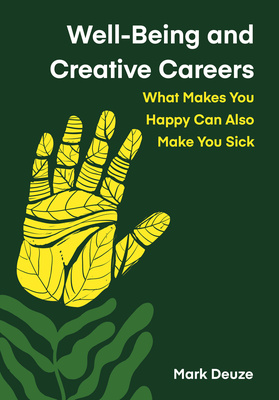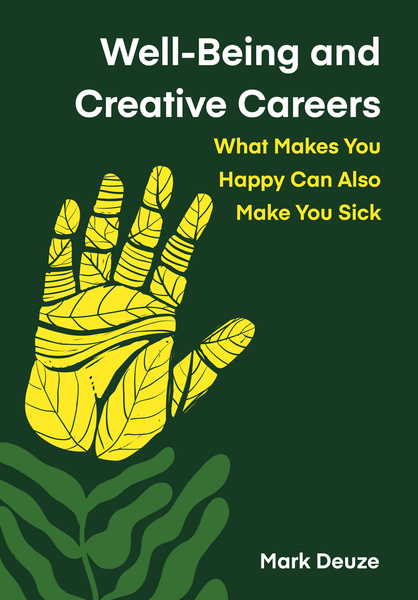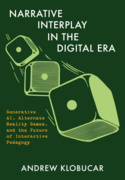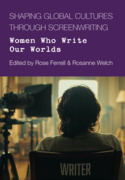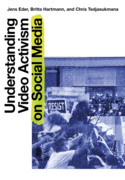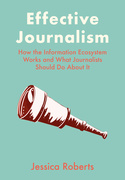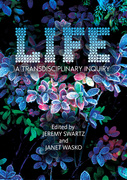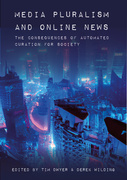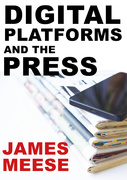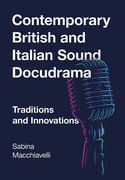Well-Being and Creative Careers (Book)
What Makes You Happy Can Also Make You Sick
There is a well-documented mental health crisis among media professionals worldwide. This book documents what is particular about well-being in creative careers in the media, offers an analysis of systemic issues throughout the media industries that explain why so many practitioners get sick on the job and shows what can be done.
Edition
The media and creative industries thrive on passion, but that passion often comes at a cost. Behind the glamour of journalism, filmmaking, games, music, advertising, and online content creation lies a growing crisis-one of burnout, anxiety, substance abuse, and exhaustion. Why do so many creative professionals report feeling both deeply fulfilled and profoundly unwell?
Mark Deuze investigates the systemic issues that make creative work both exhilarating and unsustainable. Drawing on extensive research and in-depth interviews with media professionals, he notes the hidden downsides of doing what you love and offers a candid analysis of how workplace structures, high workloads, and perceived injustices contribute to mental and physical distress.
But this book is not just about what's broken; it's about what can be done. Deuze provides a roadmap for rethinking the culture of creative industries and offers strategies for balancing passion with sustainability. A practical resource for media scholars and those navigating the highs and lows of a creative career, this work challenges us to imagine a healthier future for our labour of love.
Mark Deuze is a professor of media studies at the University of Amsterdam's Faculty of Humanities. Publications of his work include over 150 academic papers and 14 books, including Well-Being and Creative Careers (Intellect, 2025), Happiness in Journalism (Routledge, 2024), and Life in Media (The MIT Press, 2023). Professor Deuze has held honorary appointments at the Faculty of Journalism at Lomonosov Moscow State University, Russia, the School of Arts and Humanities at Edith Cowan University in Perth and the School of Communication of the University of Technology Sydney, Australia, and the Department of Communication and Media Studies of Northumbria University, United Kingdom. He is also band member of Skinflower, latest album Kaduc
(Record Union, 2024).
Preface: Outline, Positionality, and Gratitude
Chapter 1: Crisis? What Crisis?
Chapter 2: So What and Why Now?
Chapter 3: Defining Health and Well-Being in Creative Careers
Chapter 4: Mapping the Crisis
Chapter 5: The Pleasures and Paradoxes of Media Work
Chapter 6: Doing What You Love as a Blessing and a Curse
Chapter 7: What Makes You Happy Can Also Make You Sick
Chapter 8: Finding Joy at Work
Bibliography
Index
Deuze provides a thoughtful and passionate perspective on mental health in creative work, warning us of the challenges of an industry that can rely on the creatively and goodwill of its workers.
There is no doubt that Professor Mark Deuze's new book is a thoughtful, well-researched and timely contribution to media and communication studies. But it is so much more than that. Well-Being and Creative Careers is also an urgent reminder of the human cost of our newfound ability to access news, information and entertainment whenever and however we like.
In this important book, Deuze draws on new research supported by a wide range of empirical evidence, creative industries, and media professionals’ voices. In doing so, he creates compelling evidence as to why we should all
take the problems these passionate workers face seriously. I highly recommend this book to anyone interested in understanding media work and the creative industries.
Capturing both the damaging pressures and passionate commitments driving the mental life of creative careers, Deuze precisely analyses the emotional dichotomy at the core of media work.

